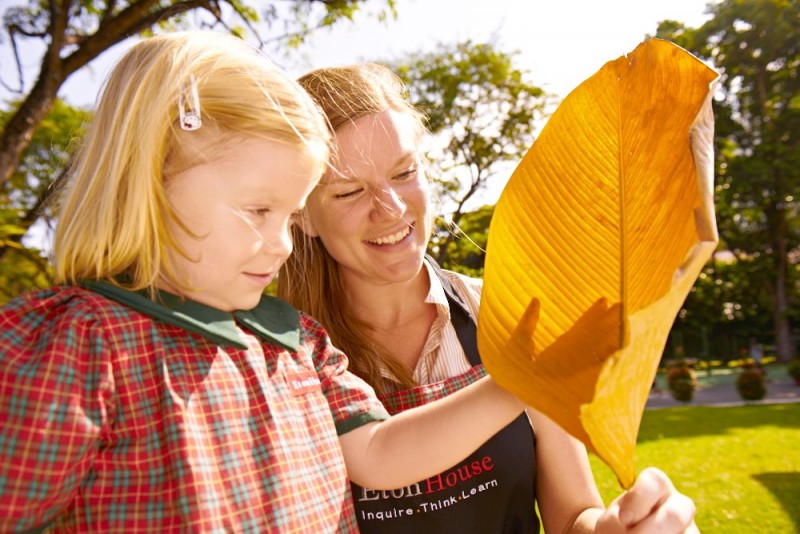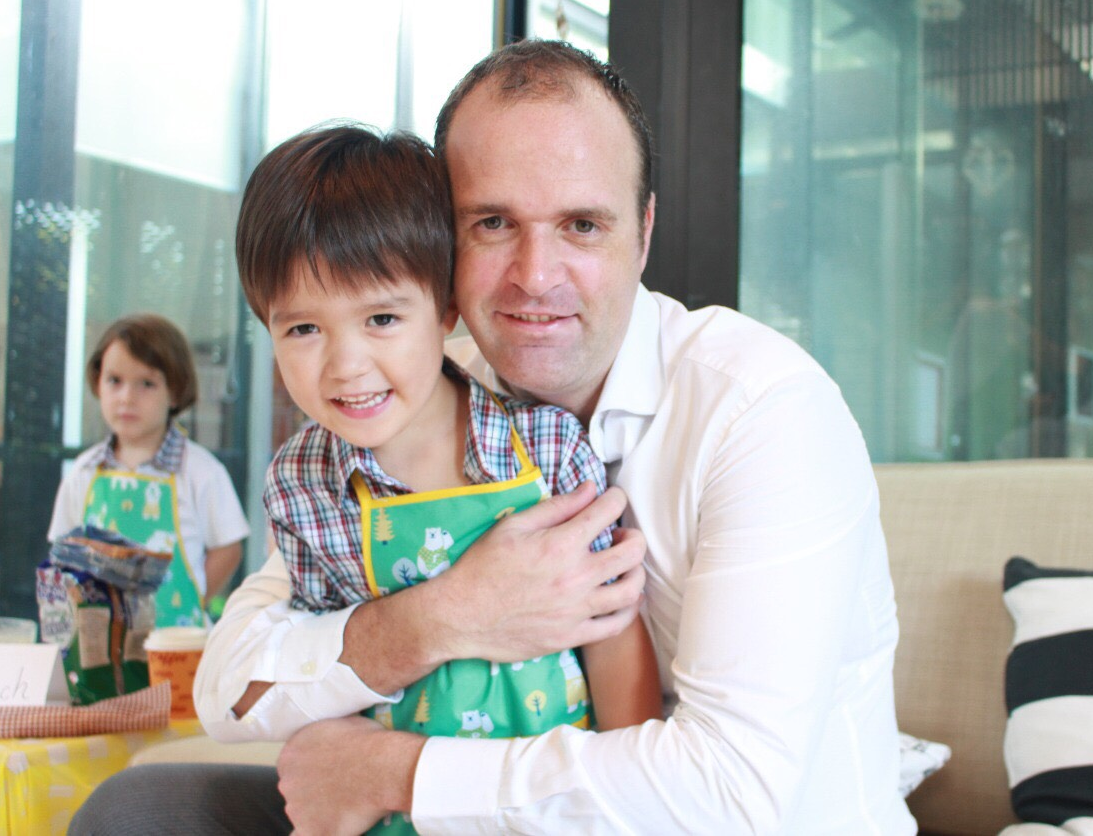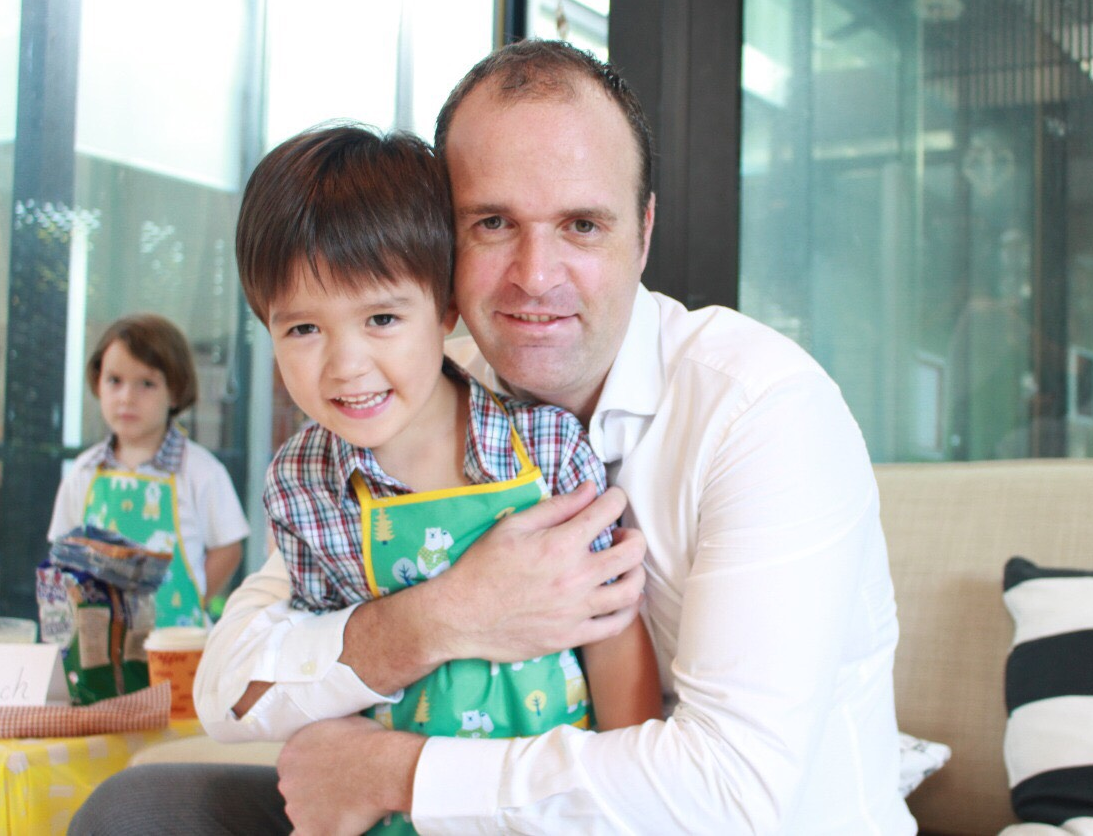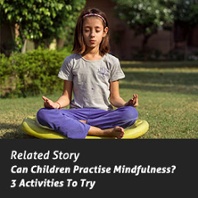
Tina Stephenson-Chin
Previous Executive Director of Pedagogy, Tina oversees Reggio Emilia (Asia) and a range of professional development initiatives. Tina has been an active contributor to popular and academic publications, in Canada and Asia, on a range of behavioral and education issues for the past 10 years. She was previously Senior Lecturer for Middlesex University London and Open University Hong Kong in teacher qualification granting programmes including their Honours B.A. in Early Childhood Studies – the only bachelor’s degree in education from a foreign institution fully-accredited in Hong Kong. She is also a member of the Ontario College of Teachers in Canada and The National College of Teaching and Leadership in the U.K.

Everyone enjoys praise; acknowledgment of effort is a precious gift we can give one another. However, it is not just that praise feels good, it is an effective tool for teaching children about good behaviour. For most of us, when we think about discipline, punishment is what first comes to mind -- when punishment is only one small piece of the puzzle.
Effective behaviour management involves two aspects: Eliminating negative behaviour and encouraging positive behaviour. Carolyn Webster-Stratton, a world-renowned child behaviour specialist, uses a simple phrase that has helped shaped my life as an educator and a parent: “All behaviour is sustained by the attention it receives.” This simple phrase can have profound effects on how we teach and parent our children.
It is often true that negative behaviour -- hitting, yelling, arguing -- gets most of our attention. When a child hits another child, we stop what we are doing and immediately turn all of our attention to that child -- while basically ignoring the children who are behaving well. Of course, this is natural: A negative and potentially dangerous situation needs to be managed immediately. However, in the process of managing negative behaviour, we end up showering poorly behaved children with attention -- reinforcing and supporting negative conduct without fully realizing it.
As an example, imagine I am thirsty on hot afternoon and I go to a soda machine and put in my money. I push the button, looking forward for a refreshing drink -- but no soda comes out. Feeling a bit frustrated, I bang on the machine with my fist and still nothing comes out; so I roughly shake the machine, and then clang, bang; suddenly my soda pops out and I get what I want. I have learned that if I bang and shake the machine -- essentially behave badly -- I get what I want. Although not the most pleasant approach, it is effective. In a similar way, many children learn that if they behave in an aggressive or contrary way -- hitting, yelling, arguing -- they get the attention they want, immediately.
Praise helps us to avoid this cycle allowing children to get positive attention for positive behaviours -- behaviours you wish to see more often. Praise is the most simple and effective choice for sustaining positive behaviour.
Praising children (and adults) is something I enjoy doing immensely; but in this busy world, it can be easy to forget falling into the habit of saying the minimum amount required -- saying as little as possible to get the job done. I have found myself walking around a classroom, giving short bursts of praise to individual children: “Good job!”, “Nice work!”. Although this kind of praise is probably better than no acknowledgment at all, it does not provide children with the useful information to repeat the positive behaviour.
A good praise statement needs to be informative
We need to tell children specifically what they have done well and why it is a good or nice thing to do. The best way to praise a child who has done a nice piece of artwork is to say something like: “That is really nice work! I can see you put a lot of effort into that. I like the way you experimented with the colours.” It takes a little more time and effort to praise children this way, but it is also much more effective. Children can learn concretely what they did right and from that, they know exactly how to repeat it. The statements are clear and specific -- as well as a pleasure to hear.
Positive praise like this is also specific enough to target particular behaviours. Praise statements that are too vague often leave children wondering: What is good? Am I good? Is my artwork good? What am I doing right? The purpose of praise should be to specifically target positive behaviours so they can be repeated -- so it must provide information that is clear enough to allow the child to understand what they have done right.
Keep your statements specific and positive, and don’t overdo it: “Wow! That is just so beautiful; it’s the most beautiful ever!” Avoid exaggerating your statements; children can tell when you are exaggerating.

An important observation about praise is to keep it in the moment.
Do not dig into the past to taint your praise. Avoid statements like: “You are doing a great job working together this morning…so much better than yesterday!” or “You worked hard on this; you should really do that more often.” Although it is immediate and informative, it is a compliment wrapped inside an insult. You only need to think about how it really feels to hear such things to know that it is not the most effective way to motivate children (or adults).
The real key to unlocking the power of positive praise is to slow down, taking time to appreciate those around you. We all work hard and it is natural to feel good about the results of your effort; and if someone else notices, it makes the results all the much sweeter.


